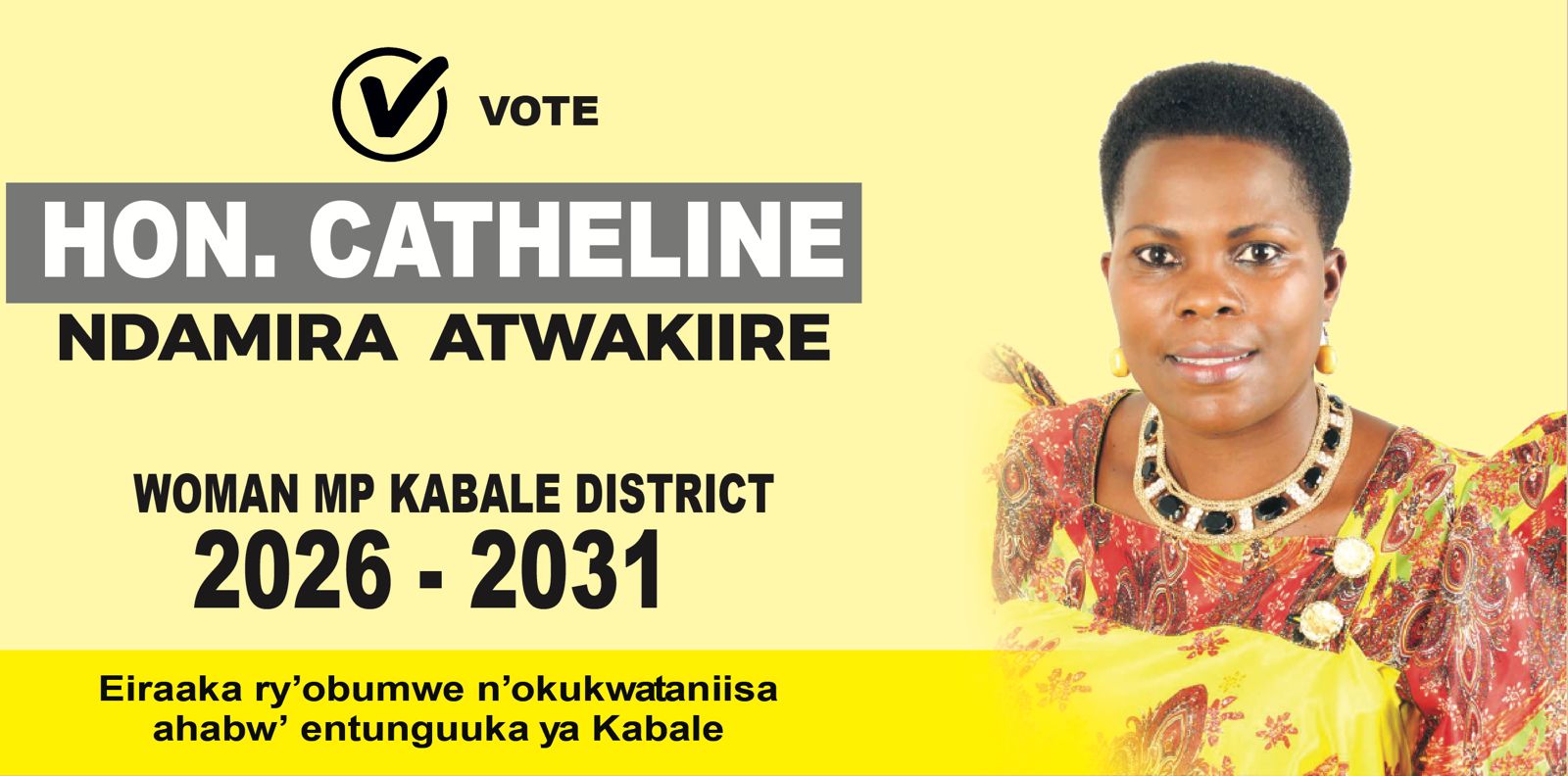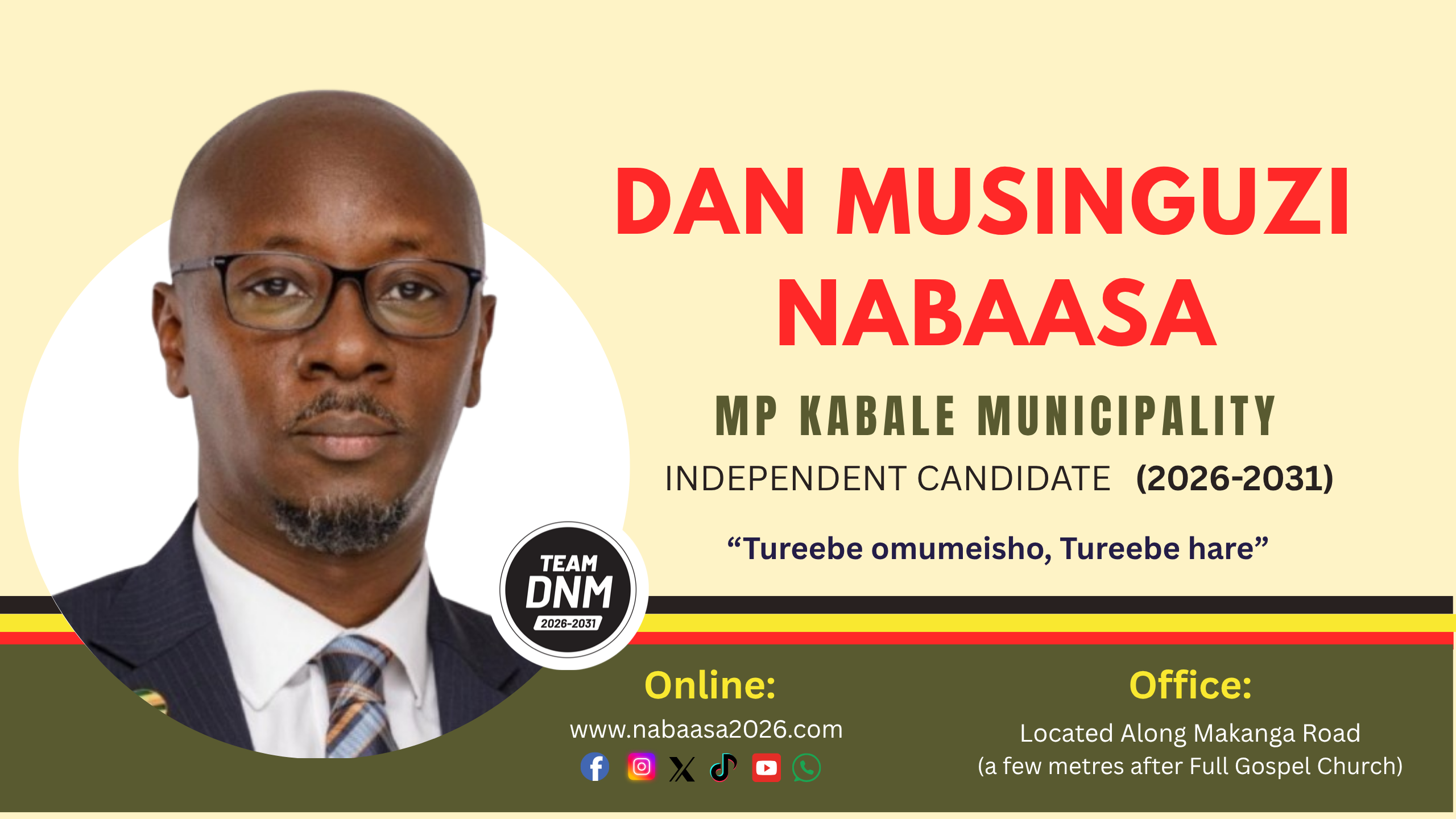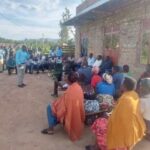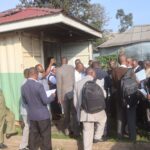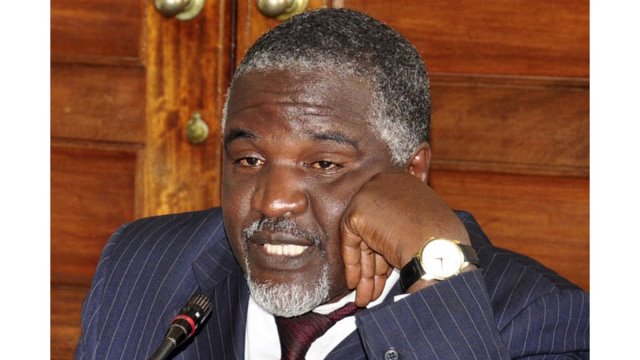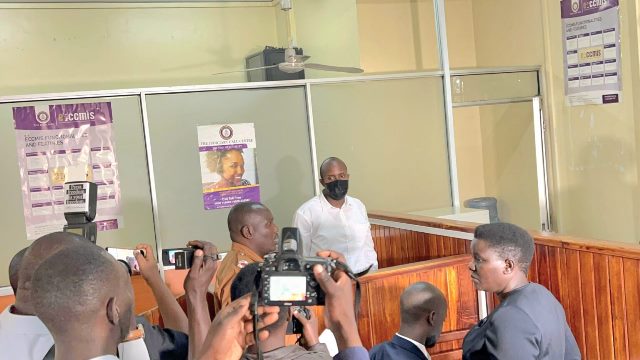
The Ministry of Finance on Wednesday convened Local Development Partners, members of the private sector, civil society representatives, and academics to discuss the Budget Strategy for the 2026/27 financial year.
The meeting, chaired by Permanent Secretary/Secretary to the Treasury (PSST) Ramathan Ggoobi, emphasized the need for broad collaboration between government and all stakeholders to ensure an effective budget.
“Your insights, evidence-based policy, and alignment with our strategic priorities are critical to ensuring that every shilling spent delivers meaningful impact,” Ggoobi said.
He noted that development partners play a crucial role in shaping public policy, promoting accountability, and advancing inclusive development through research, community engagement, implementation support, and advocacy.
Ggoobi highlighted full monetization of the economy, transitioning 33% of households from subsistence to the money economy, as a government priority.
He said this will be achieved by addressing binding constraints in key sectors, including agro-industrialization, tourism, minerals, and science, technology, and innovation, to strengthen economic resilience and productivity.
The 2026/27 financial year marks the second year of implementing the National Development Plan (NDP) IV, the last plan aligned with the Agenda 2030 Sustainable Development Goals, and the first under the Tenfold Growth Strategy.
Other priorities outlined by Ggoobi include:
- Enhancing domestic revenue mobilization through improved tax administration and broadening the tax base.
- Fiscal consolidation through expenditure efficiency, fiscal discipline, and results-based budgeting.
- Strategic public investment in infrastructure, roads, railways, energy, irrigation water and human capital.
- Strengthening public financial management systems in line with the Public Finance Management Act (Cap 171) and the Charter of Fiscal Responsibility.
- Promoting policy coherence and integration across sectors and levels of government during planning, budgeting, and implementation.
In a statement, the Local Development Partners Group, delivered by United Nations Resident Coordinator Leonard Zulu, reaffirmed their commitment to supporting Uganda’s development agenda.
“We commit to supporting the Government of Uganda in its endeavors to use resources effectively and efficiently,” the statement said.
The group also pledged support for domestic revenue mobilization, private sector investment, and broadening the tax base.
Their priorities for FY 2026/27 include human capital development, youth employment, inclusive and green growth, governance, accountability, and fiscal resilience.
Private sector representatives urged the government to prioritize the agriculture, trade, manufacturing, and services (ATMS) sectors and associated value chains, as well as enabling infrastructure.
Civil society groups, represented by Executive Director Julius Mukunda, called for consolidating gains in e-governance, improving budget absorption capacity, and enforcing national service delivery standards.
The Source Reports.
We come to you.
Want to send us a story or have an opinion to share? Send an email to [email protected] or WhatsApp on +256742996036.
